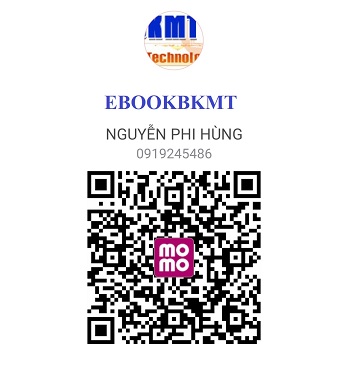A Knowledge Recombination Perspective of Innovation Review and New Research Directions (Full)
A useful theoretical lens for understanding innovation in the strategy and entrepreneurship literatures is knowledge recombination. According to a recombination logic, innovations come about by recombining knowledge components, each of which is associated with a core scientific or technological concept. Interactions among a set of recombined components give rise to new meanings and functions that become the basis of an innovation. The singular focus on the components of knowledge underlying an innovation makes knowledge recombination stand out from other theoretical approaches. The rapid growth in research utilizing a recombination logic suggests that the time is ripe for stepping back and assessing its key insights. Therefore, this review provides a framework for a recombination perspective and considers how the literature using a recombination approach has progressed over time, including identification of key features of knowledge components, influences on how components are recombined, and the outcomes of recombination. Finally, a number of new directions for research are proposed.
LINK 3 - TÌM KIẾM SÁCH/TÀI LIỆU ONLINE (GIÁ ƯU ĐÃI NHẤT)
LINK 4 - TÌM KIẾM SÁCH/TÀI LIỆU ONLINE (GIÁ ƯU ĐÃI NHẤT)
A useful theoretical lens for understanding innovation in the strategy and entrepreneurship literatures is knowledge recombination. According to a recombination logic, innovations come about by recombining knowledge components, each of which is associated with a core scientific or technological concept. Interactions among a set of recombined components give rise to new meanings and functions that become the basis of an innovation. The singular focus on the components of knowledge underlying an innovation makes knowledge recombination stand out from other theoretical approaches. The rapid growth in research utilizing a recombination logic suggests that the time is ripe for stepping back and assessing its key insights. Therefore, this review provides a framework for a recombination perspective and considers how the literature using a recombination approach has progressed over time, including identification of key features of knowledge components, influences on how components are recombined, and the outcomes of recombination. Finally, a number of new directions for research are proposed.
LINK 3 - TÌM KIẾM SÁCH/TÀI LIỆU ONLINE (GIÁ ƯU ĐÃI NHẤT)
LINK 4 - TÌM KIẾM SÁCH/TÀI LIỆU ONLINE (GIÁ ƯU ĐÃI NHẤT)

.png)
%20(1).png)

%20(1)%20(1).png)

.png)





%20(1).png)

.png)

.png)




Không có nhận xét nào: